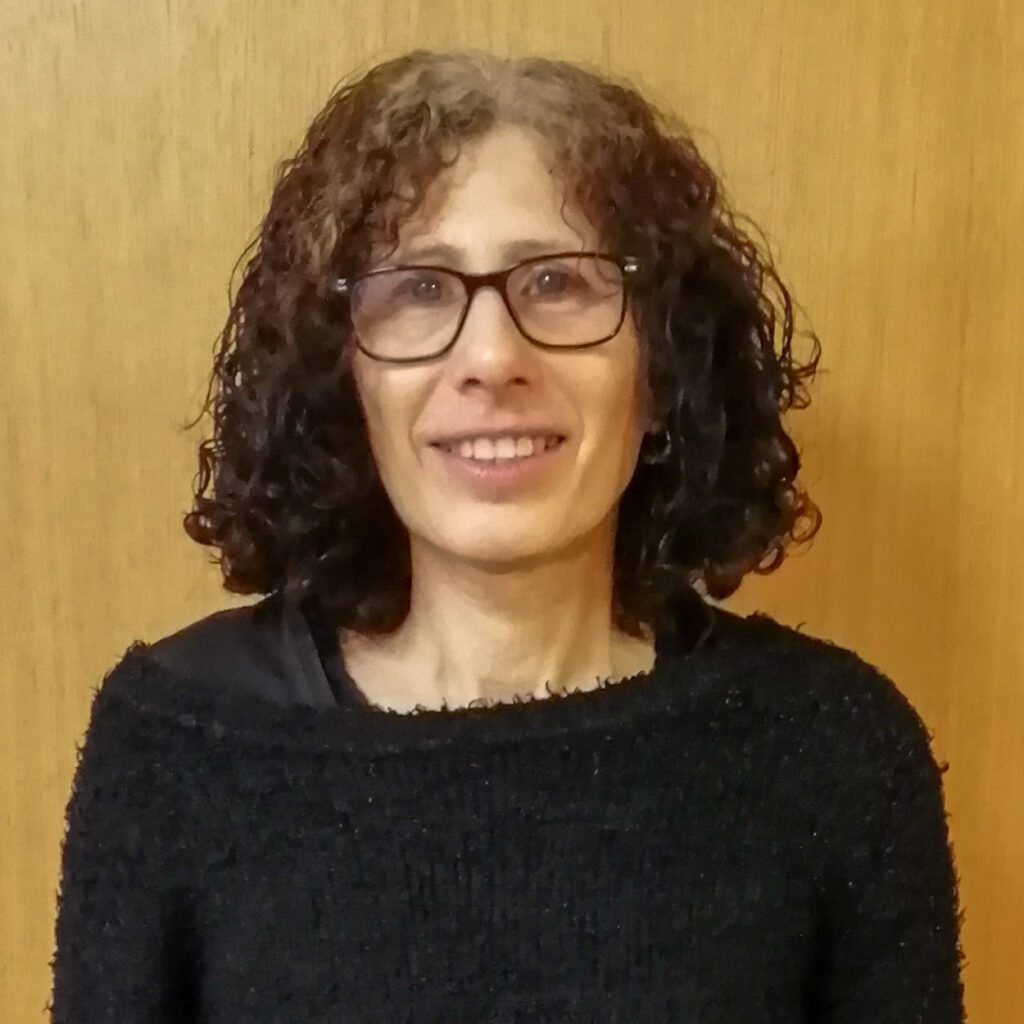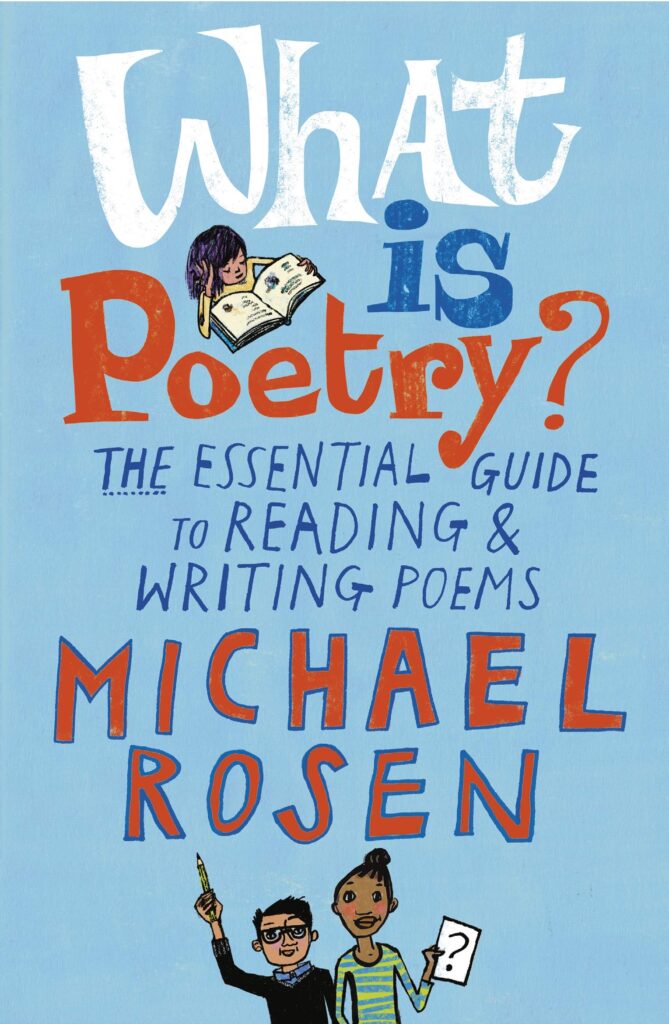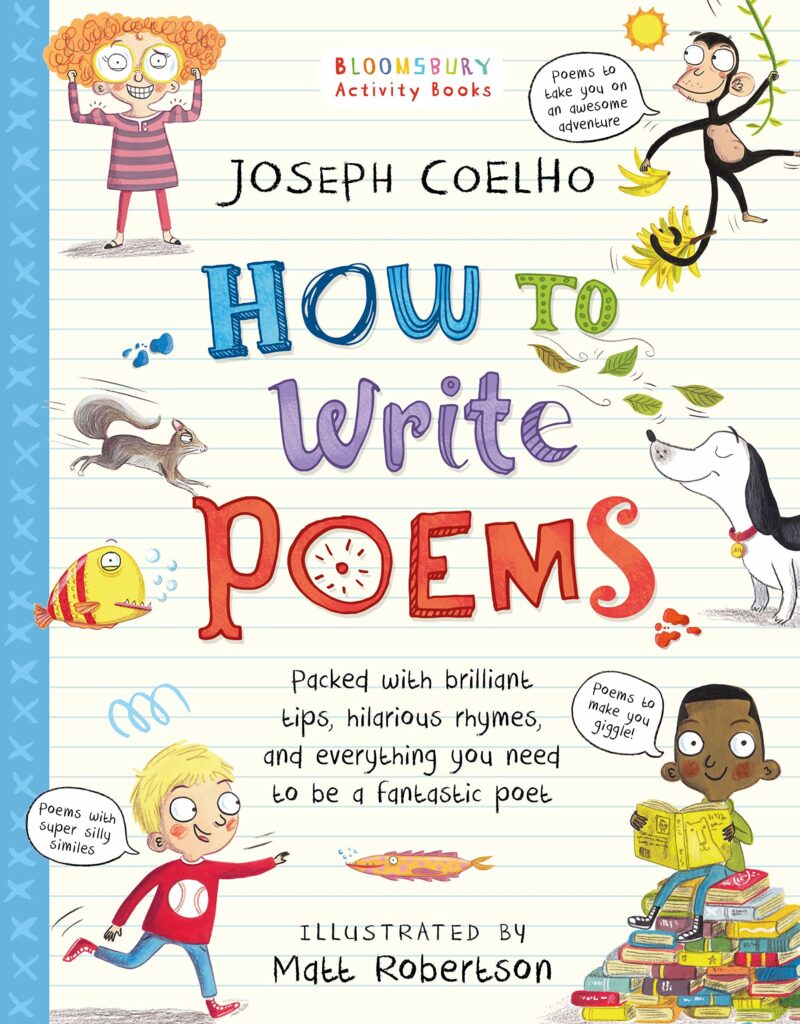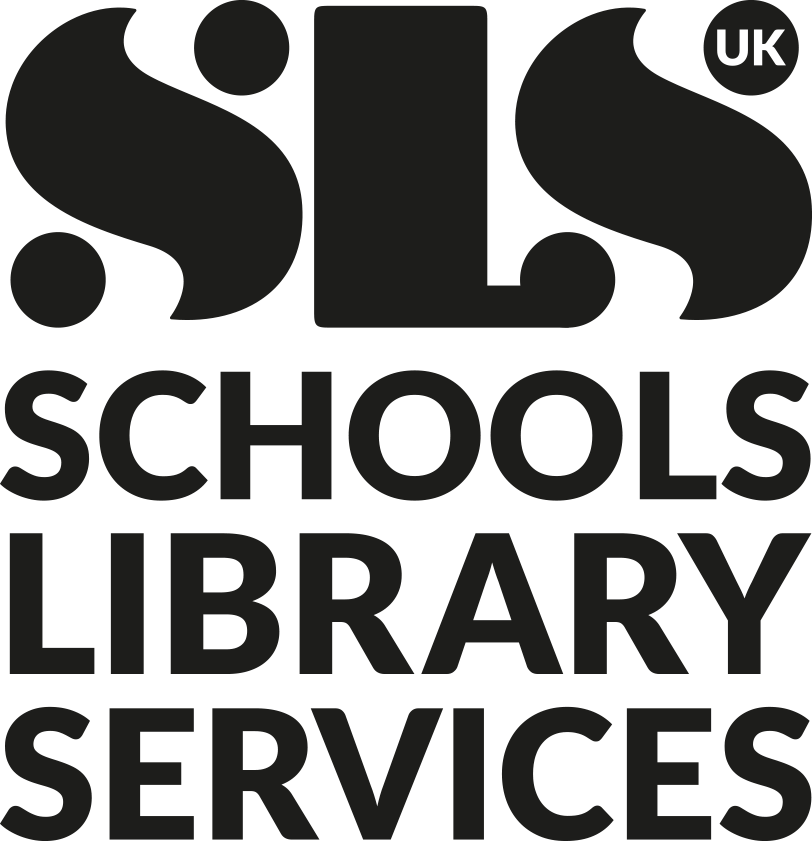Subject: Poetry
Topic: Creativity
Year Group: KS2
Synopsis: Encourage your students to write their own poems by sharing advice and inspiration from Joseph Coelho, author of My Beautiful Voice, and Michael Rosen suggests Nina Simon from Redbridge SLS.

Nina Simon
Redbridge SLS
Librarian’s view:
As a child, I hated poetry. It seemed dry and boring, with the exception of limericks, which I thought were fun to create. At school we had to memorise poems such as Elegy Written in a Country Churchyard, written by Thomas Gray (1716-1771), which turned me off poetry completely. I also thought poetry had to rhyme, which meant that when I tried to write my own verses the lines felt forced. It was only as an adult that I realised that poetry didn’t need to rhyme, and I found my own voice. Now I like the conciseness of this form of writing, where every word needs to earn its place.
Luckily for teachers and students, there are many inspiring poets writing today.
Now that poet, playwright and author Joseph Coelho is the new Children’s Laureate for 2022-24, this is a good opportunity to highlight what fun writing and reading poetry can be for children. In an article for Books for Keeps, Coelho says that central to his plans for poetry will be his ‘Poetry Prompts’, a regular programme of activity – much of it delivered online – to get everyone, young and old, geared up about writing poetry. In it he says: “I’ll be drawing on my experiences of performance poetry and making it really accessible. I want the nation to feel we can write and share poems.
As a poet in schools, he has been impressed by the particular effect poetry can have on children. “I’ve seen now a handful of times where there has been a child in the class who doesn’t speak, and they have chosen the poetry session as the moment to share their voice,” he says, which became the inspiration for his picture book My Beautiful Voice.
“Poetry opens up a space where a child can grow in confidence. It is a natural space to share your voice,” he adds.
But how do you find that voice?
Are You Going On a Bear Hunt author and prolific poet Michael Rosen advises, “If you want to write poetry, you need to look at the world around you. You could start from something you’ve seen, or something you’ve heard someone say, or something you remember.”
You don’t even have to use your own voice to create a ‘voice’, for example Rosen says you can, “Think of yourself as being like a crow, going about looking for things you can take for yourself.”
Talking with your pen says Rosen, “Means thinking about something you want to say, and using it as the starting point for your poem. It could be a feeling, like ‘I’m lost’ or ‘I’m fed up,’ or it could be a memory. One of my first memories was sitting on the beach when I was three years old, and I turned it into a poem.”
You could also use some of the resources listed below to help encourage your pupils to create poetry that’s special to them.
- The annual National Poetry Day is held early in October, see more about this at https://nationalpoetryday.co.uk/ The theme in 2023 will be refuge.

Resources

My Beautiful Voice
by Joseph Coelho
illustrated by Allison Colpoys

What is Poetry?: the essential guide to reading and writing poems
by Michael Rosen
illustrated by Jill Calder

Poems Aloud: an anthology of poems to read out loud
by Joseph Coelho
illustrated by Daniel Gray-Barnett

How to Write Poems
by Joseph Coelho
illustrated by Matt Robertson

